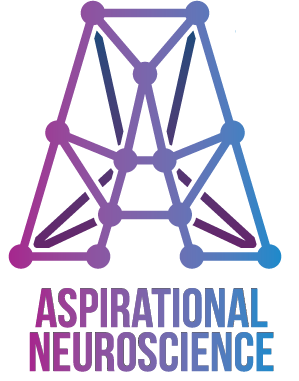de Sousa, A. F., Cowansage, K. K., Zutshi, I., Cardozo, L. M., Yoo, E. J., Leutgeb,
S., & Mayford, M. (2019). Optogenetic reactivation of memory ensembles in the retrosplenial
cortex induces systems consolidation. Proceedings of the National Academy of Sciences,
201818432. https://www.pnas.org/content/116/17/8576.short
cfos-tTA/tetO-ChEF transgenic mouse, optogenetic reactivation
Whole cortex (retrosplenial ensemble tagged and reactivated)

Demonstrates immediate cortical consolidation of a hippocampal-dependent CFC
memory via optogenetic reactivation of a tagged ensemble during sleep or light anesthesia, but
not while awake. Consolidated memory is similar in all ways tested to one that would have been
formed by natural consolidation (not disrupted by hippocampal deactivation, generalized
between contexts, involves cortical areas) but is immediate after one round of optogenetic
reactivation.
“[U]sing optogenetics to selectively reactivate neural ensembles representing a
contextual fear memory (sometimes referred to as engram neurons). High-frequency stimulation
of these ensembles in the retrosplenial cortex 1 day after learning produced a recent memory
with features normally observed in consolidated remote memories, including higher engagement
of neocortical areas during retrieval, contextual generalization, and decreased hippocampal
dependence. Moreover, this effect was only present if memory ensembles were reactivated
during sleep or light anesthesia. These results provide direct support for postlearning memory
ensemble reactivation as a mechanism of systems consolidation, and show that this process
can be accelerated by ensemble reactivation in an unconscious state.”
